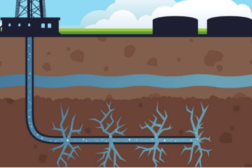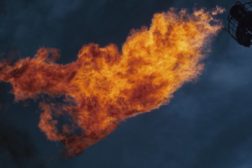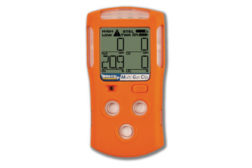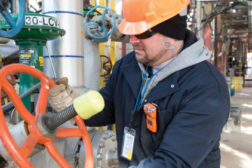Home » oil and gas industry
Articles Tagged with ''oil and gas industry''
Canadian Pacific Railroad cars derailed Monday in Albany
Read More
Vulnerable equipment, complacent safety culture led to Tesoro Refinery tragedy
Statement by CSB Chairman Rafael Moure-Eraso
May 5, 2014
The Deepwater Horizon tragedy, four years later
The death and destruction “are seared into our consciousness”
April 21, 2014
Louisiana wants oil and gas companies to repair flood-protection zones
Lawsuit says pipelines put New Orleans at risk
December 11, 2013
LED-driven infrared sensors
LEL gas measurement for oil & gas and confined space entry
September 5, 2013
European oil & gas industry to reveal chemicals used in fracking
Website launched to address public concerns
June 26, 2013
Become a Leader in Safety Culture
Build your knowledge with ISHN, covering key safety, health and industrial hygiene news, products, and trends.
JOIN TODAYCopyright ©2025. All Rights Reserved BNP Media.
Design, CMS, Hosting & Web Development :: ePublishing








